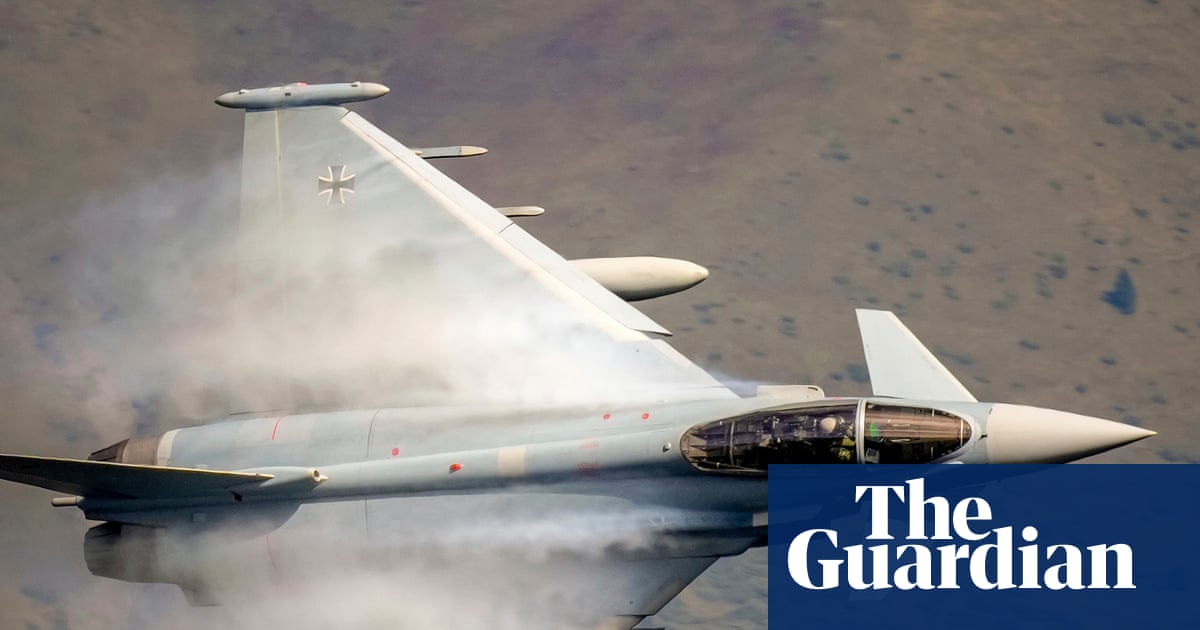NATO Bolsters Eastern Flank After Russian Airspace Violation in Poland
NATO strengthens Europe's eastern flank with air support and launches 'Eastern Sentry' after a Russian drone violated Polish airspace, an incident Poland's Prime Minister labeled an "attack."
Subscribe to unlock this story
We really don't like cutting you off, but you've reached your monthly limit. At just $5/month, subscriptions are how we keep this project going. Start your free 7-day trial today!
Get StartedHave an account? Sign in
Overview
- A Russian drone violated Poland's airspace, prompting a strong response from NATO and its allies to enhance regional security.
- Polish Prime Minister Donald Tusk characterized the Russian drone incursion as an "attack," dismissing it as a mere mistake.
- NATO is assessing the situation and has announced plans to significantly strengthen Europe's eastern flank with additional air support.
- France, Germany, and Denmark are contributing fighter jets and military assets to bolster Poland's defenses against potential Russian threats.
- In response to the incident, NATO has launched its 'Eastern Sentry' operation, receiving gratitude from Poland's Defence Minister for the increased support.
Report issue

Read both sides in 5 minutes each day
Analysis
Analysis unavailable for this viewpoint.
Articles (5)
Center (0)
No articles found in the Center category
FAQ
NATO has deployed French Rafale fighter jets, Danish F-16s, a frigate, and ground-based defense systems from France, Denmark, Germany, and the U.K. as part of the 'Eastern Sentry' operation to bolster defenses on its eastern flank.
Eastern flank countries including Finland, Estonia, Latvia, Lithuania, and Poland have integrated counter-mobility systems such as defensive fortifications, anti-tank landmines, and drone and anti-drone technologies to create a continuous defensive line along NATO's eastern borders, specifically in initiatives like the Baltic Defense Line and Poland's East Shield.
At the June 2025 NATO Summit in The Hague, NATO committed to a historic increase in defense spending targeting 5% of GDP by 2035, reaffirmed collective defense under Article 5, labeled Russia as a persistent threat, and emphasized boosting defense industrial cooperation and cybersecurity to enhance deterrence along the eastern flank.
In response to the Zapad-2025 military drills by Russia and Belarus, NATO is conducting counter-exercises including Poland's Iron Defender-25, alongside exercises by Lithuania and Latvia, to enhance readiness and demonstrate deterrence on its eastern border.
The 'Eastern Sentry' operation aims to plug defensive gaps and improve communication and force concentration along NATO's eastern flank to deter Russian aggression. Poland's Defence Minister praised it as active deterrence and demonstrated readiness to defend where needed.
History
- This story does not have any previous versions.





